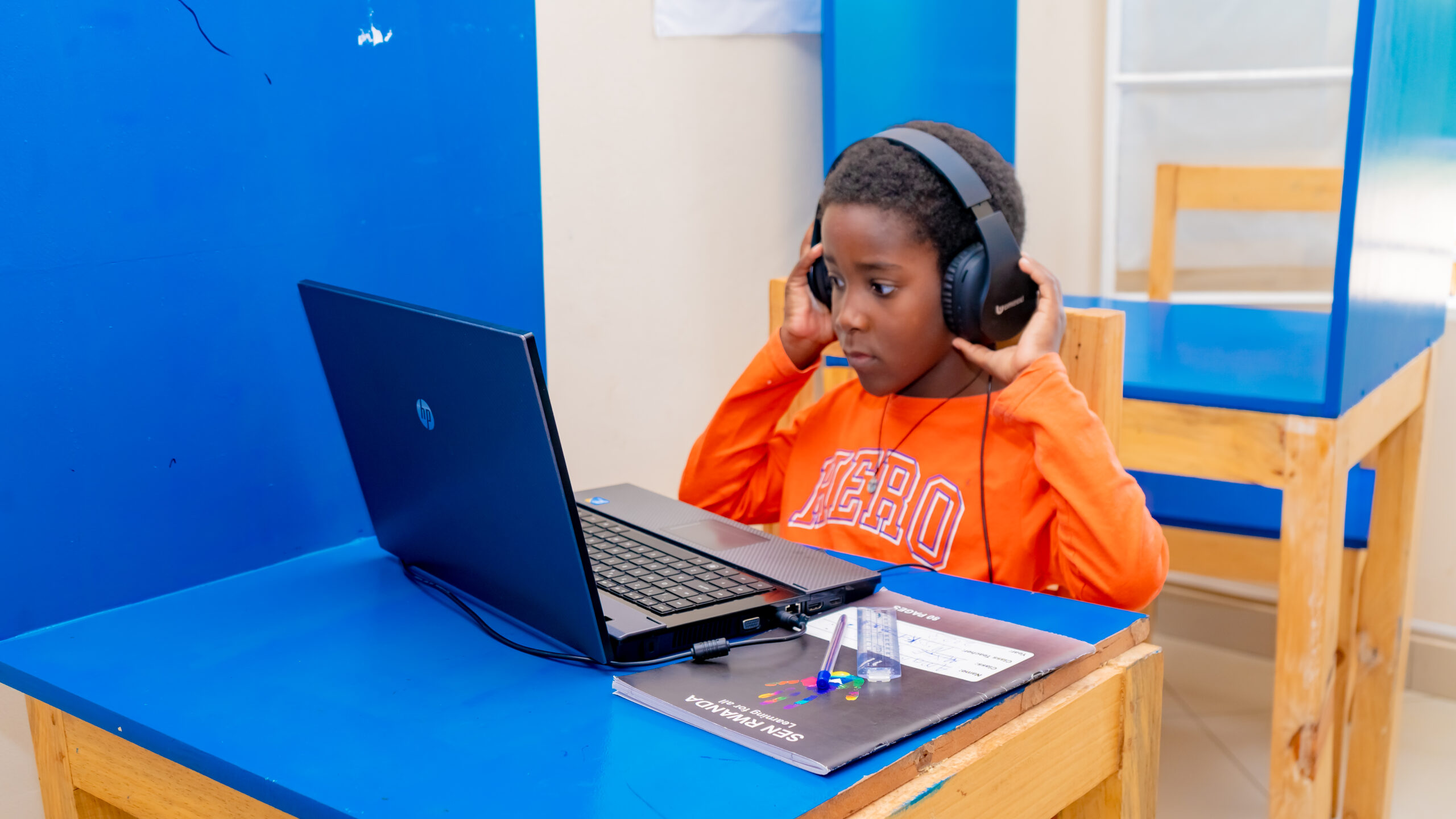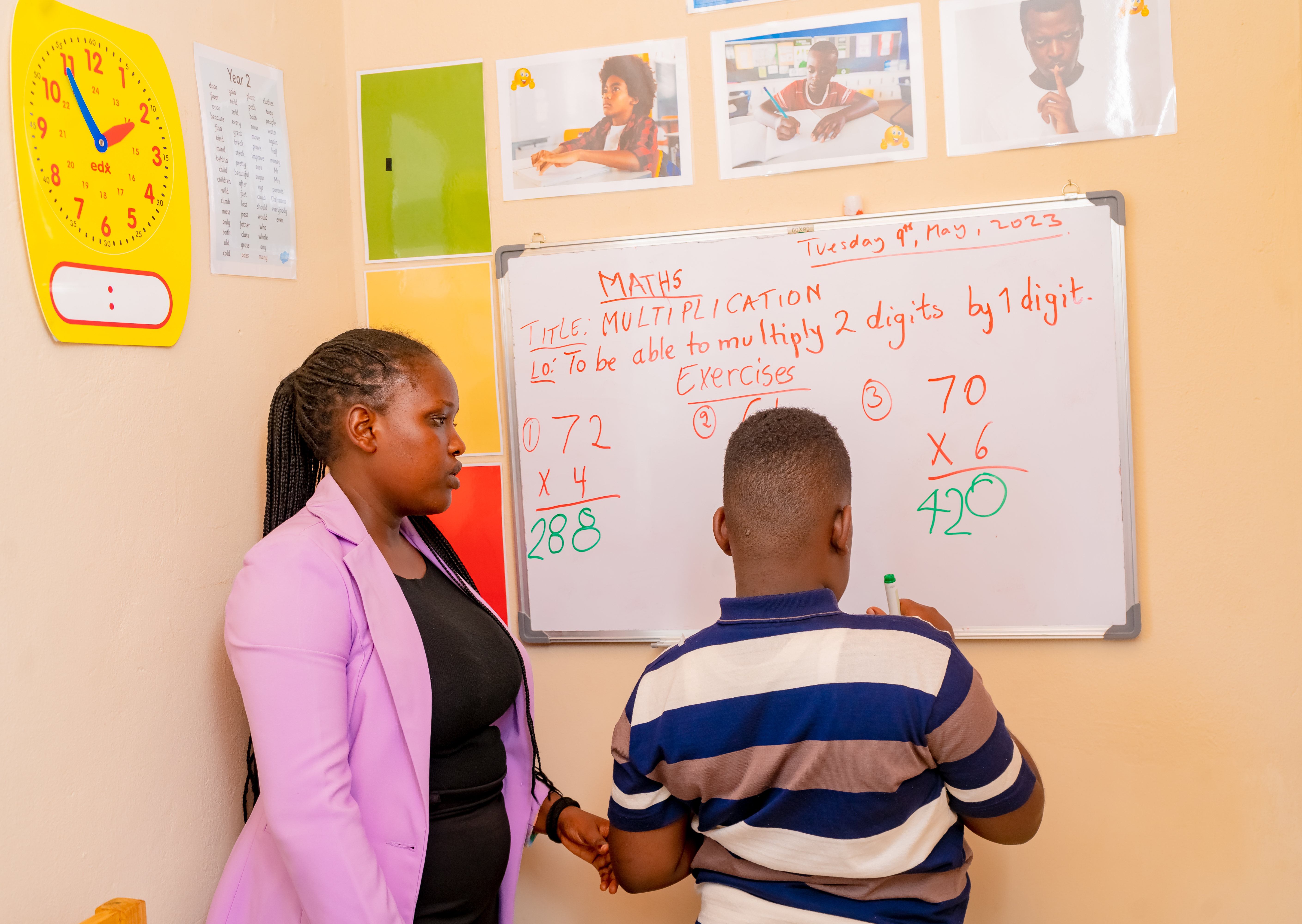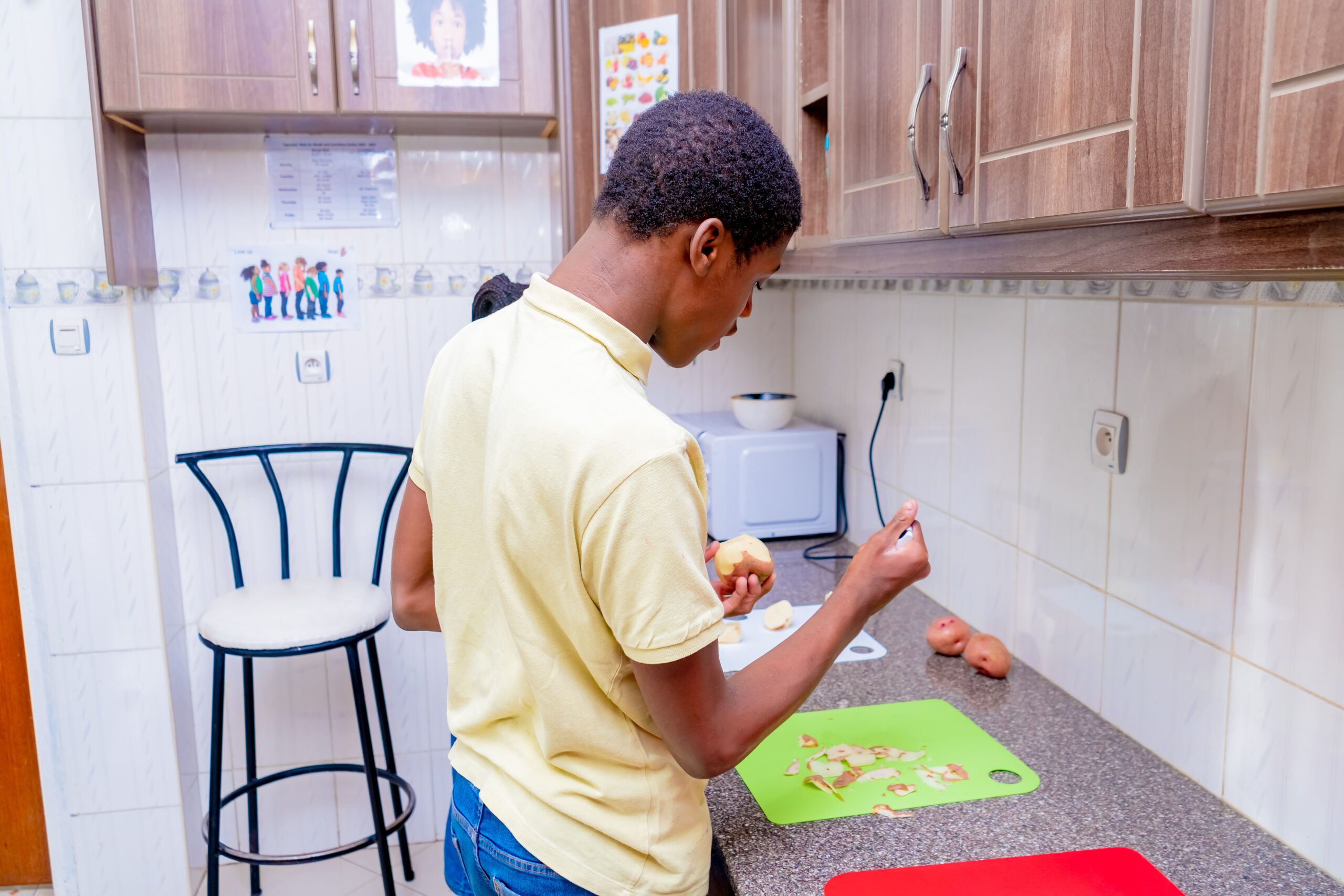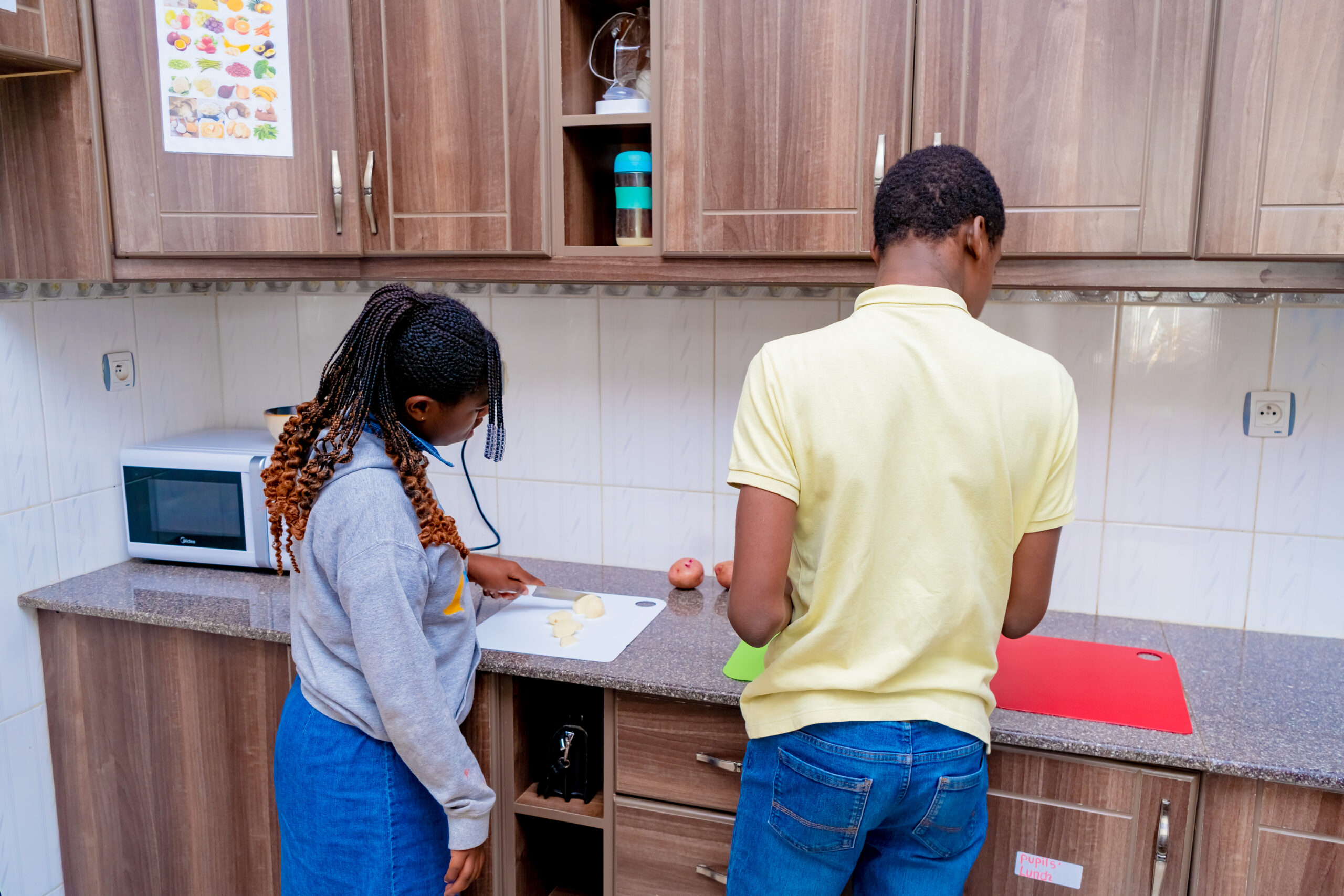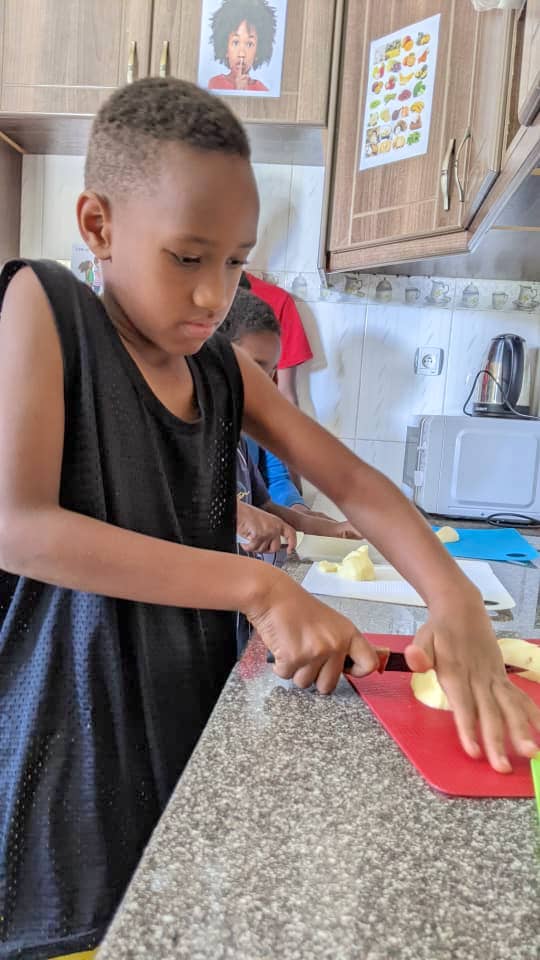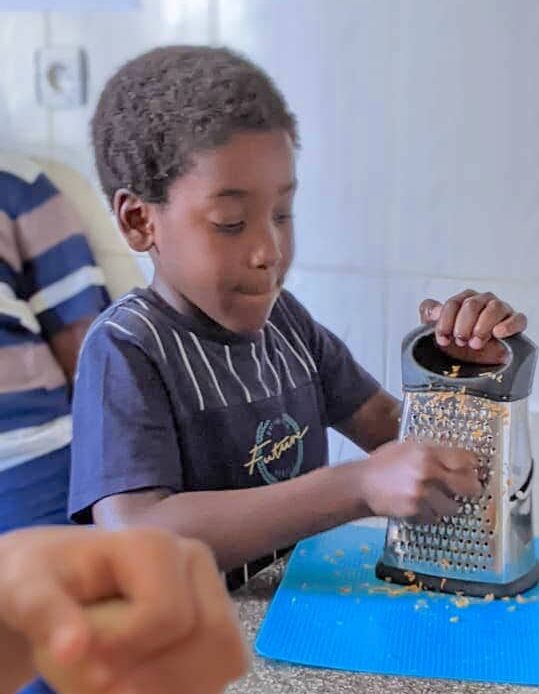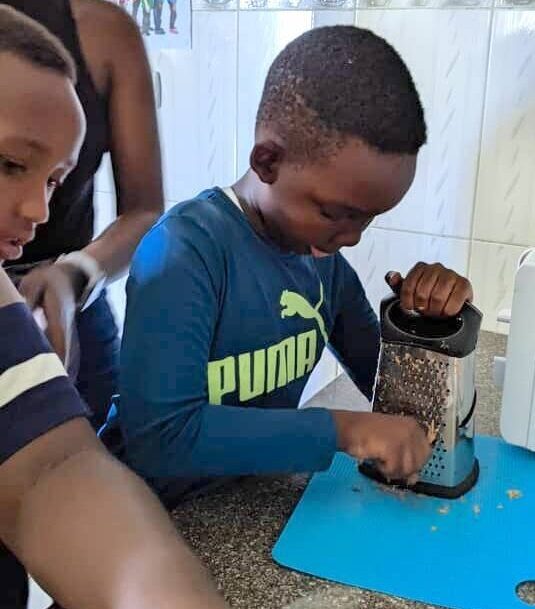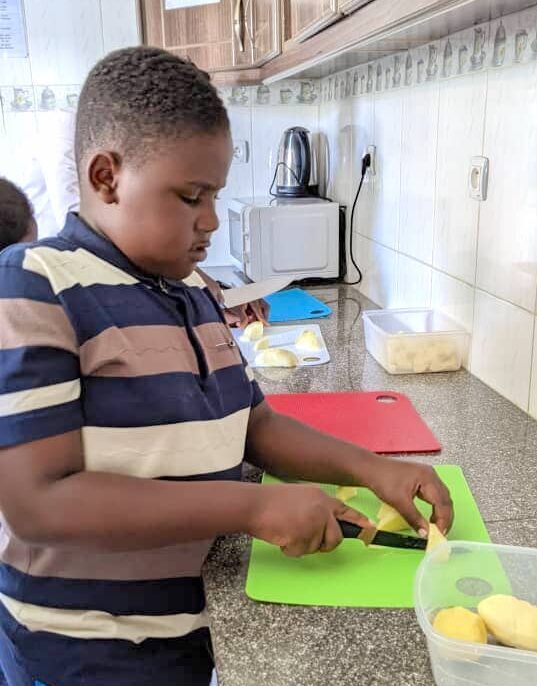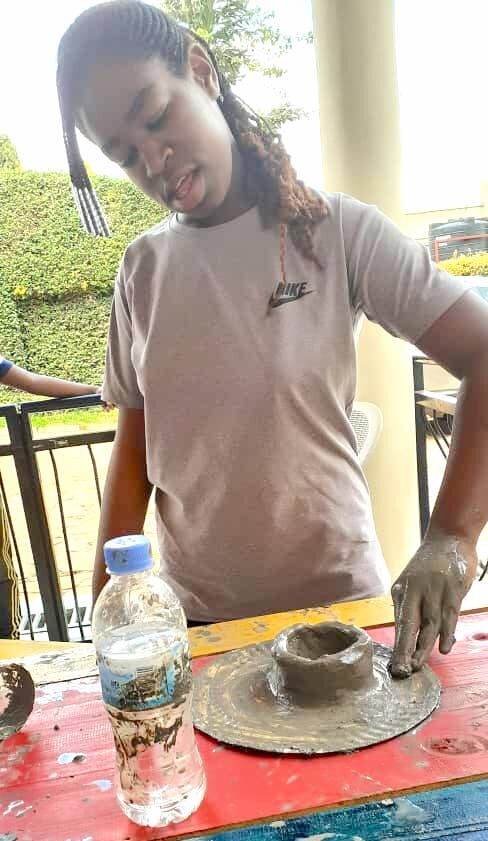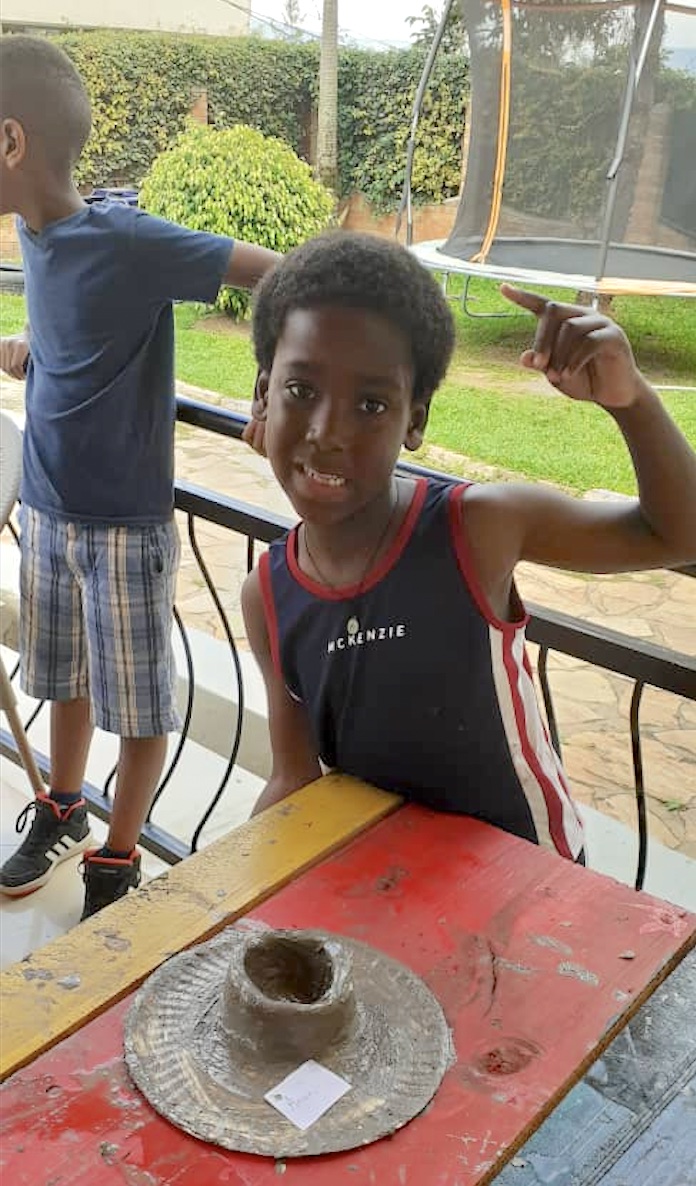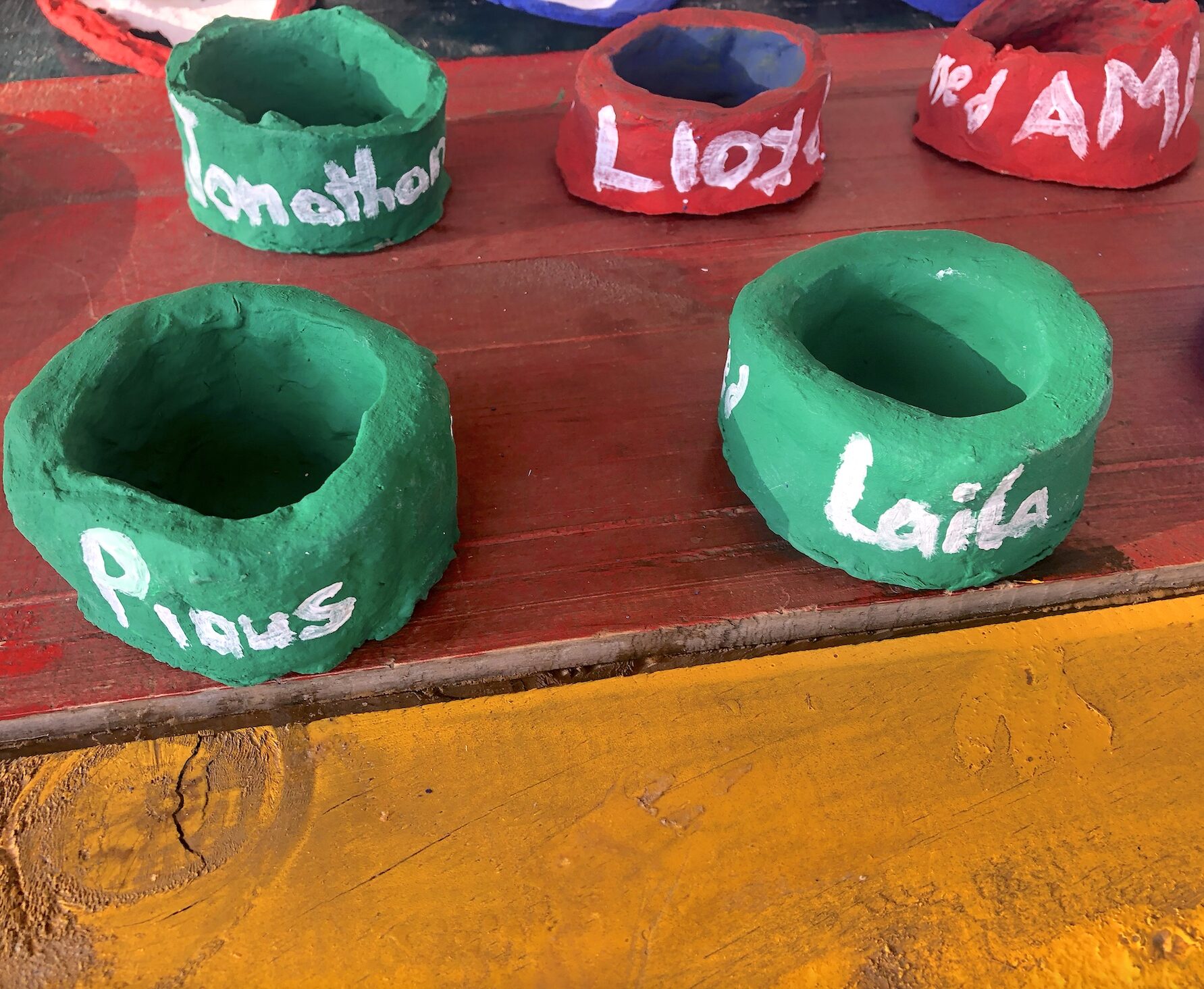Teaching and Learning
Teaching and learning are provided at The Vine International School in small groups (a maximum of 6 pupils per class). Teaching styles are not teacher-led despite the with high levels of adult support.
Teacher-support allows for highly individualised teaching approaches while independent thinking and progress are still encouraged. Small-size classes allow for better support and minimal distractions.
The teaching incorporates strategies and resources to help pupils develop independent learning behaviours alongside functional and social skills necessary for daily life. Teaching resources are tailored to special education and enhancing
progress at all levels.
– English
To promote language and literacy by equipping pupils with a strong command of the spoken and written word, and to develop a love for for reading through various interactive and visual activities.
– Maths
To promote fluency in the fundamentals of maths, including through varied and frequent practice, and to develop conceptual understanding and the ability to recall and apply knowledge accurately, reason mathematically, solve
problems and relate their learning to real life situation .
– Science
To develop scientific knowledge and understanding of science concepts, to develop understanding of the nature, processes and methods of science enquiries that can help them to answer scientific questions about the world around them, and understand the uses and implications of science, today and for the future.
– ICT (Computing)
To develop ICT literacy and ICT abilities in pupils, and give pupils the opportunity to show a potential talent in the subject. Computing has strong links with Maths, Science and Design & Technology, and similarly enhances critical
thinking skills.
– Geography
To equip pupils with knowledge about diverse places,(including their own environment), people, resources and natural and human environments, together with a deep understanding of the interaction between physical and human processes, and of the formation and use of landscapes and environments.
– History
To inspire pupils’ curiosity to know more about the past, the process of change, the diversity of societies, and relationship between different groups, as well as their own identity, culture, traditions and changes over time.
– Music
To engage and inspire pupils to develop a love and understanding of music, enhance creativity, self-confidence and a sense of achievement, while giving the opportunity to develop potential talents in the subject.
– Arts and Design
To equip pupils with the knowledge and skills to experiment, invent, create their own work of art, craft and design. To learn and understand art in their own environment and worldwide.
– Religious Education
To develop a knowledge and understanding of Christianity: learn about and learn from Christian faith and life; to learn about other religions found in their society; to appreciate the way in which religious beliefs can shape personal and social life and contribute to personal morality and social responsibility.
– Physical Education
To enhance gross and fine motor skills; to become physically confident in a way that supports health and fitness; to learn to compete in sport, build character, build teamwork skills, and acquire values such as fairness and respect.
– Design and Technology
To inspire pupils to design and make products related to real life; to learn to use appropriate tools for specific tasks; to learn about different materials and how to make a structure stronger. D&T also strengthens fine motor skills through, grasping, cutting, joining or shaping objects.
– Food Technology
To learn the principles of nutrition and how to prepare simple dishes.
The kitchen is indisputably a learning lab for children and young people. It engages all senses and experiential learning with hands-on activities, and strengthens fine motor skills. It is a learning lab that gives the opportunity to achieve cross-curricular learning by bringing in subjects such as Mathematics, Science, English and Art without pupils even noticing it. Food Education also enhance social skills by allowing interaction in the kitchen and ultimately brings a sense of achievement.
Resources
We all have different learning styles. We recognise this at The Vine International School, and so, differentiation is key to our teaching. The resources used are purchased from Special Education Material Suppliers in the UK and are designed to accommodate different learning styles while encouraging focus and independent thinking.
Our library has a range of books for all subjects, interests and abilities. Pupils are encouraged to borrow books from the library according to their own interest. Additionally, to encourage literacy, language acquisition and processing, pupils are sent home each month with a book to read with clear instructions for parents or guardians.
Teaching Staff
The staff was selected mainly based on their passion for working with the children we admit in the school. The teaching of children with learning difficulties which are difficult to cater for in the mainstream classroom can be challenging and is
not successfully achieved only with the possession of degrees even at a high level. It is a profession that cannot be detached from passion. It is not a job but a vocation. The staff at the Vine International School was selected
with all this in mind and we are proud to have achieved this.
The staff at the Vine International School undergoes a thorough training in Special Education, Teacher Training, Safeguarding, First Aid and the neurodiverse conditions of our pupils according to UK standards. Additionally, they constantly improve their knowledge through Professional Development courses.
All teaching staff undergo regular lesson observations for which they must provide a lesson plan in advance. Feedback is provided individually with a highlight on strengths and points to improve on. Teaching staff observations are base on UK Teacher’s Standards 1 to 8.
To enhance communication and social interaction skills, staff members mingle with pupils during break and lunchtime, encouraging children to interact and communicate with peers.
